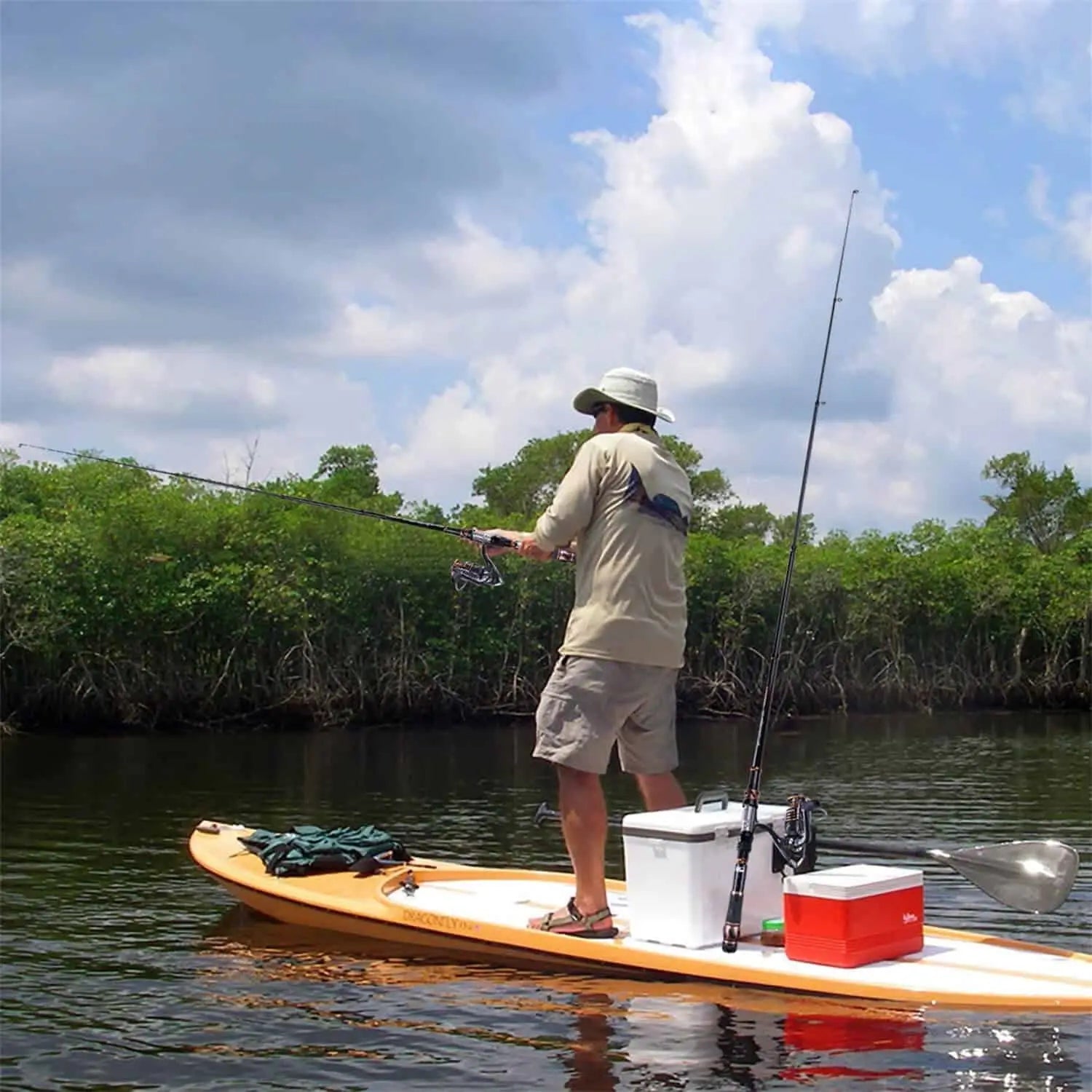Beyond Spincasting: Exploring Alternative Types of Fishing Rods and Reels
Body
When it comes to fishing, spincasting is a popular and widely used technique. However, there are alternative types of fishing rods and reels that can offer a unique and exciting experience for anglers. In this article, we will delve into the world beyond spincasting and explore the various options available.

Understanding the Different Types of Fishing Rods
Traditional spincasting rods are designed with a closed-face reel mounted on top of the rod. While these rods are easy to use and great for beginners, they may not provide the desired level of control and precision for experienced anglers. This is where alternative types of fishing rods come into play.
One alternative is the baitcasting rod, which features an open-face reel mounted on top. Baitcasting rods offer greater casting accuracy and control, making them ideal for targeting larger fish species. They require a bit more skill to operate, but with practice, anglers can achieve impressive results.
Another option is the fly fishing rod, which is specifically designed for fly fishing. Fly fishing is a technique that involves casting a lightweight fly lure using a weighted line. The fly fishing rod is long and flexible, allowing for delicate presentations and precise control over the fly.
Exploring Alternative Reel Options
While spincasting reels are commonly used, there are alternative reel options that can enhance your fishing experience. One such option is the baitcasting reel, which pairs well with baitcasting rods. Baitcasting reels offer greater casting distance and control, allowing anglers to accurately place their bait in the desired location.
Another alternative is the spinning reel, which is often used with spinning rods. Spinning reels are versatile and can handle a wide range of fishing techniques and line types. They are known for their smooth operation and ease of use, making them a popular choice among anglers of all skill levels.
Specialized Rods and Reels for Specific Fishing Techniques
Beyond the traditional spincasting, baitcasting, and fly fishing setups, there are specialized rods and reels designed for specific fishing techniques. For example, surfcasting rods are long and powerful, allowing anglers to cast their lines far into the ocean from the shore. These rods are paired with surfcasting reels, which are built to withstand the harsh saltwater environment.
Ice fishing rods and reels are another specialized option. These compact and lightweight setups are designed to be used on frozen lakes and rivers. Ice fishing reels are typically small and feature a simple design, allowing for easy operation even in freezing temperatures.
Embracing the World Beyond Spincasting
While spincasting is a tried and true method, exploring alternative types of fishing rods and reels can open up a whole new world of possibilities. Whether you're looking for greater control, precision, or versatility, there is a setup out there to suit your needs.
So, the next time you head out on a fishing trip, consider stepping beyond spincasting and trying something new. You might just discover a technique that brings a whole new level of excitement and enjoyment to your fishing adventures.






Comments